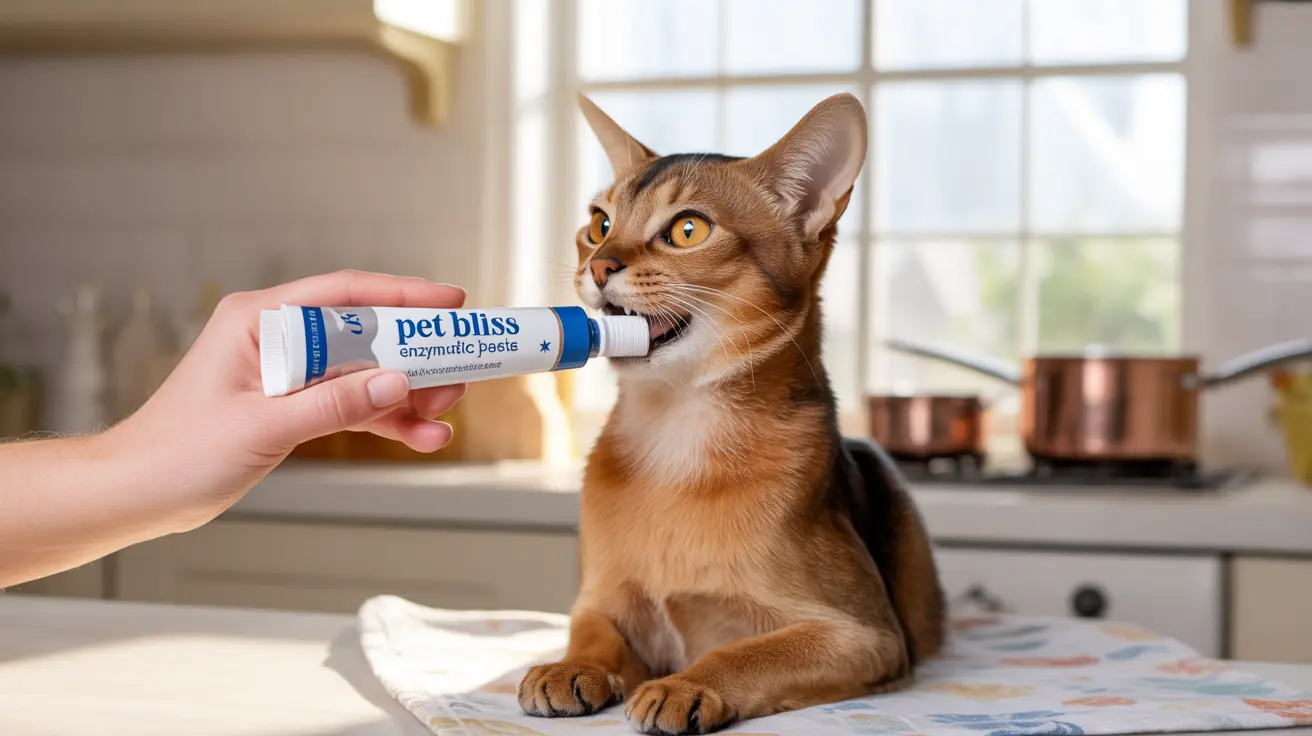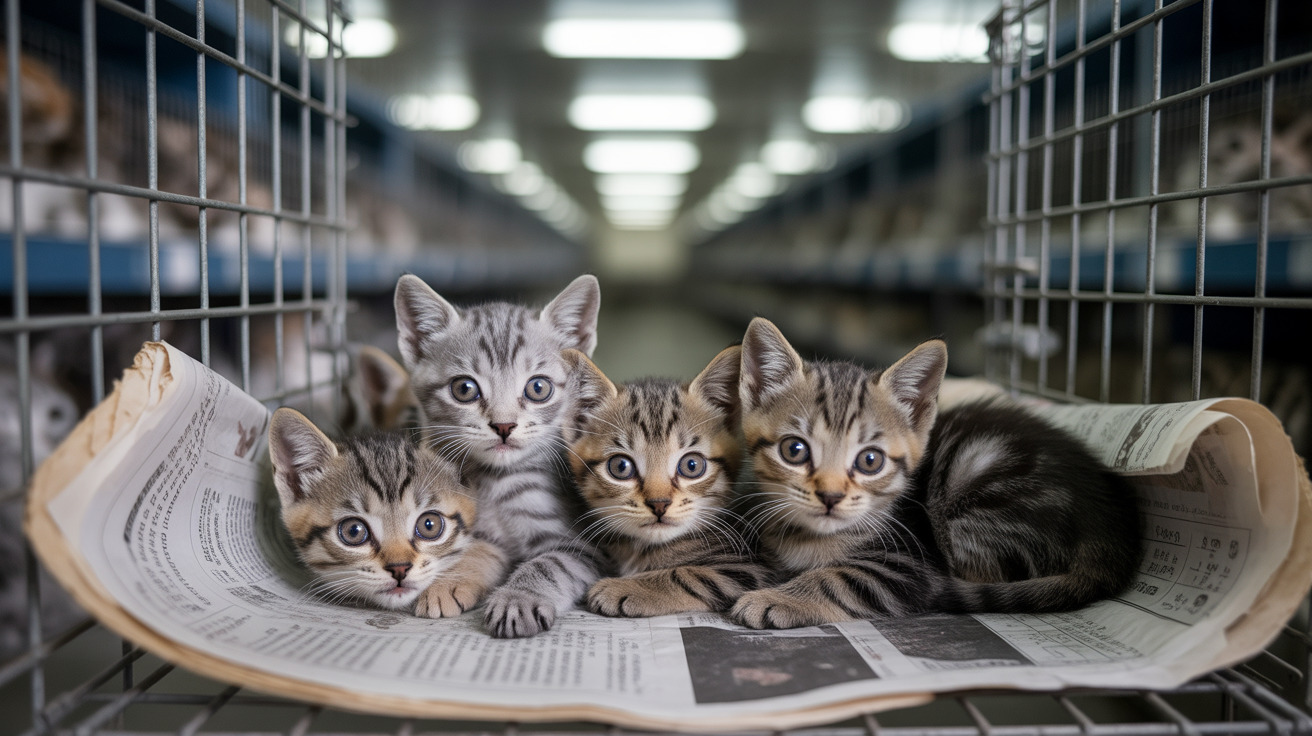If you've noticed your cat's breath smells unpleasant, you're not alone. Bad breath in cats, medically known as halitosis, is a common concern among pet owners that shouldn't be ignored. While occasional bad breath might seem harmless, it often signals underlying health issues that require attention.
In this comprehensive guide, we'll explore why cats develop bad breath, what it might indicate about their health, and what steps you can take to address this issue effectively.
Common Causes of Foul Breath in Cats
Dental Disease and Oral Health Issues
The most frequent cause of bad breath in cats is dental disease, affecting approximately 70% of cats over three years old. Plaque buildup, tartar accumulation, and periodontal disease create perfect conditions for bacteria to thrive, resulting in that characteristic unpleasant odor.
Signs of dental problems include:
- Visible yellow or brown deposits on teeth
- Red, swollen, or bleeding gums
- Difficulty eating or dropping food
- Pawing at the mouth
- Drooling more than usual
Systemic Health Conditions
Sometimes, bad breath indicates more serious underlying health issues:
- Kidney disease (ammonia-like smell)
- Diabetes (sweet, fruity odor)
- Liver problems (musty smell)
- Respiratory infections
- Gastrointestinal issues
Diagnosing the Root Cause
A thorough veterinary examination is essential to determine why your cat's breath smells bad. Your vet may recommend:
- Dental examination
- Blood tests
- Urinalysis
- Dental X-rays
- Physical examination of the mouth and throat
Treatment Options and Solutions
Professional Care
Depending on the underlying cause, treatment might include:
- Professional dental cleaning
- Tooth extractions if necessary
- Treatment for systemic conditions
- Antibiotics for infections
Home Care and Prevention
Regular maintenance can help prevent bad breath:
- Daily tooth brushing with cat-specific toothpaste
- Dental treats and toys designed for oral health
- Special dental diets recommended by your vet
- Regular veterinary check-ups
When to Seek Immediate Veterinary Care
Contact your veterinarian immediately if you notice:
- Sudden onset of extremely foul breath
- Difficulty eating or drinking
- Excessive drooling
- Blood in saliva
- Significant behavior changes
Frequently Asked Questions
What are the most common causes of bad breath in cats and how can I identify them?
The most common causes are dental disease, periodontal disease, and bacterial overgrowth in the mouth. Look for signs like visible tartar on teeth, red or swollen gums, and changes in eating habits.
How can dental disease lead to foul-smelling breath in my cat and what symptoms should I watch for?
Dental disease creates an environment where bacteria thrive, producing sulfur compounds that cause bad breath. Watch for yellowed teeth, inflamed gums, difficulty eating, and increased drooling.
Can systemic illnesses like kidney or liver disease cause my cat's breath to smell bad?
Yes, kidney disease can cause an ammonia-like smell, while liver disease often produces a musty odor. Diabetes may cause sweet-smelling breath due to ketone production.
What home care steps can I take to prevent or improve my cat's bad breath?
Regular tooth brushing, providing dental treats and toys, using vet-approved dental diets, and ensuring fresh water is always available can help maintain good oral hygiene.
When should I take my cat to the vet for persistent bad breath and what diagnostic tests might be needed?
Seek veterinary care if bad breath persists more than a few days or is accompanied by other symptoms. Your vet may perform dental exams, blood tests, and X-rays to determine the cause.
Remember, persistent bad breath in cats is not normal and should always be evaluated by a veterinarian to ensure your pet's overall health and well-being.






